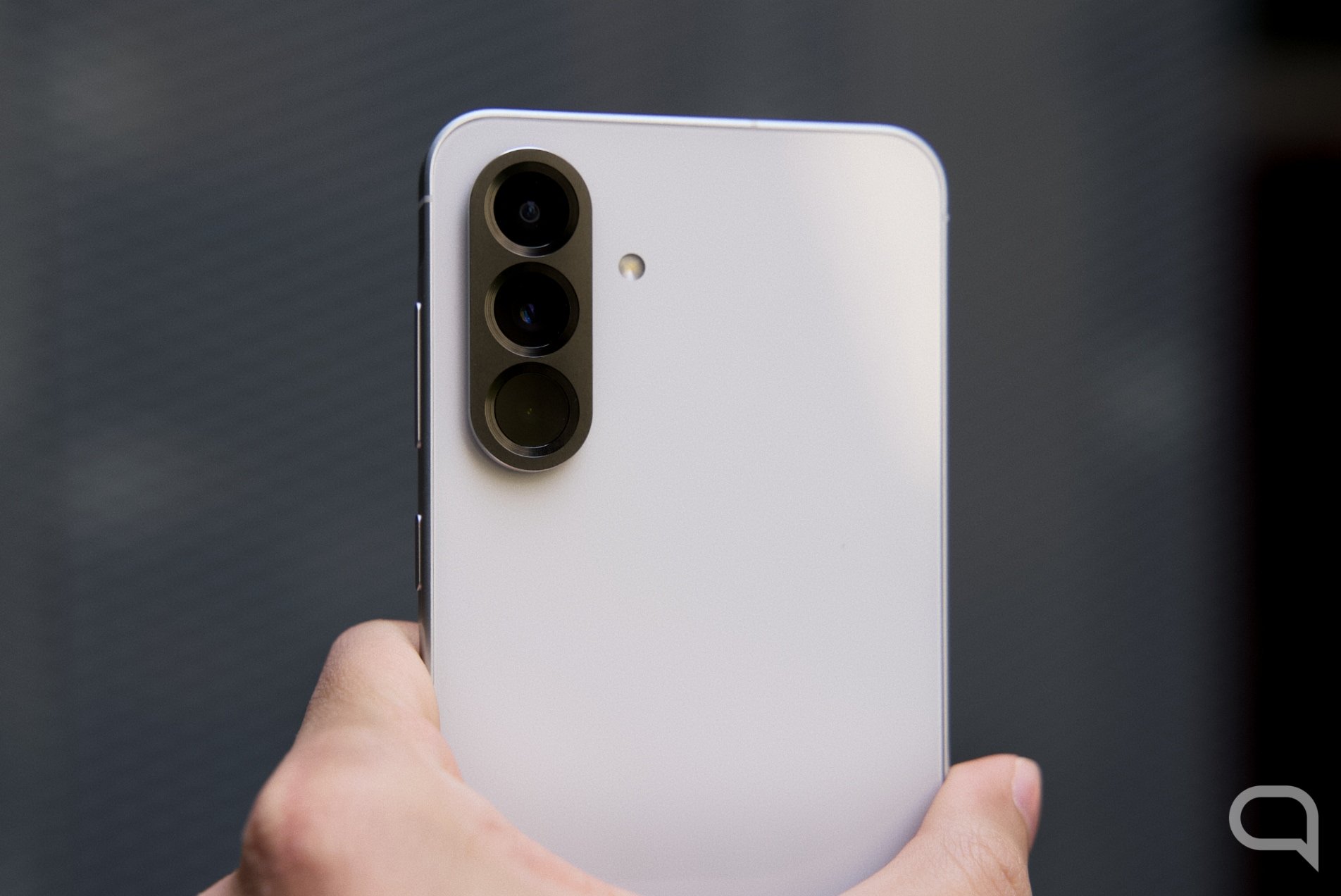Xiaomi is having a very pleasant moment. Having established itself in the European market – with particular success in Spain, where they were recognized as the brand with the largest market share – the company has now set itself the goal of growing in other indicators. Bringing innovative technologies to market, selling top-notch phones that generate more revenue for their coffers, etc. One of the key people in achieving these goals is Abi Guo, head of product marketing for international markets (all but China).
His name may not be as well known as that of Lei Jun, the founder of Xiaomi. However, Abi Guo has been responsible for advertising many of the products the brand has brought to international markets in recent years. This is, so to speak, the most prominent face of the company in the European market. And, of course, who oversees the product strategy for these countries.
Shortly after the completion of the presentation of the Xiaomi 13 series at the Mobile World Congress, hypertext I had the opportunity to sit with her for a few minutes to ask a few questions about the latest launch, the price increases seen in the company’s recent launches, and the future of the connected home, among other things.
hypertextA: Today you introduced the Xiaomi 13 series in Europe, two months after its launch in China. Considering Xiaomi’s growth in Europe and the rest of the world, have you considered launching simultaneously in China and the rest of the world? Why are you doing it this way?
Abi Go: We’re looking at it and working on a possible, for example, simultaneous release.
And to answer your second question, when we launch phones in the global market, you have to consider, for example, different certifications, different processes required to enter a particular market. This is what is causing the delay between the Chinese market and the rest of the global markets, perhaps several months. And global markets, in turn, consist of different countries.
hypertext: The Xiaomi 13 Pro is a clear step up, but it’s also more expensive than what we’re used to from the brand. In fact, it costs the same as the Samsung Galaxy S23 Ultra or iPhone 14 Pro Max. What is the reason for this rise in prices?
Abi Guo: First of all, we are very confident in the Xiaomi 13 series that we are launching in the global market. It is currently the flagship heading the Xiaomi catalog. And we are very confident that our consumers will love this phone. In addition, this is the first phone to be released in collaboration with Leica worldwide.
When we develop pricing strategies, we must consider various factors such as tariffs, international barriers, or other types of certificates that can add value. Here are some of the reasons why the pricing strategy is completely different.
hypertext: But this [ese incremento] mainly due to inflation and higher costs or because you want to focus on another market?
Abi Guo: I think it’s a mixture of both.
hypertext: One of your main competitive advantages in Europe has always been price. Your products were cheaper than Samsung or Apple. Are you worried that this price increase will affect your business?
Abi Go: Xiaomi’s mission has not changed since the beginning. We have always wanted to offer great products at a fair price. It’s still in effect.
When we went public, our CEO even promised that we would only earn 5% of the profits from all of our products. And if we got more, it would be returned to our users. This approach has not changed. Our strategy remains the same.
On the other hand, Xiaomi has different segments that appeal to different customers. We continue to give our consumers that choice. If you’re looking for a mid-range phone, you’ve got it. Whether you’re looking for an entry-level phone, if you’re looking for a premium flagship… you’ve got options to choose from.
hypertext: Speaking of Xiaomi’s portfolio, the brand’s catalog was pretty confusing last year. There were many similar products. Even we journalists often get confused. I know this strategy is paying off because the numbers are good. But can we expect an easier-to-understand portfolio?
Abi Guo: When it comes to product strategy, for example this year, we are constantly monitoring market demand and other factors. We always do intensive research when we launch a new product on the market. This is what we always take into account.
hypertext: Yes, but there are products that are basically the same. For example, some Poco devices are exactly the same as some Redmi devices, except for the appearance. What’s the point of selling the same phone twice?
Abi Guo: This is due to different product strategies in different markets. That’s all I can share with you right now.
hypertext: As you probably know, in the connected home space, the industry is moving towards the Matter standard. Aqara and Yeelight have confirmed they are going to support it, but Xiaomi has not. Can we expect full Matter support from Xiaomi? And if the answer is yes, then when?
Abi Go: I have nothing to say about it yet [risas].
hypertext: So, most likely, there will be news soon …
Abi Guo: What I can share and what I know is that Xiaomi is an open ecosystem. We are always looking for something that can benefit our users. And we certainly consider the question of the standard of Matter. This is what I can share [risas].
hypertext: Foldable phones are getting better and better. I had the opportunity to briefly test the Xiaomi MIX Fold 2 and I must say it was pretty good. Much better than competitor products. However, its availability is still limited. Why are similar Xiaomi products not available in the global market? When can we expect wider availability? Especially since Samsung and Oppo are already selling devices of this type in Europe.
Abi Guo: That’s definitely something we’re looking at in our product roadmap. That’s all I can share with you for now.
If we release any foldable phones in the future, we want to make sure that we have done an extensive market analysis and that this is what the market we are launching a product in really needs.
The content of this interview has been lightly edited for clarity.
Source: Hiper Textual
I’m Ben Stock, a highly experienced and passionate journalist with a career in the news industry spanning more than 10 years. I specialize in writing content for websites, including researching and interviewing sources to produce engaging articles. My current role is as an author at Gadget Onus, where I mainly cover the mobile section.












